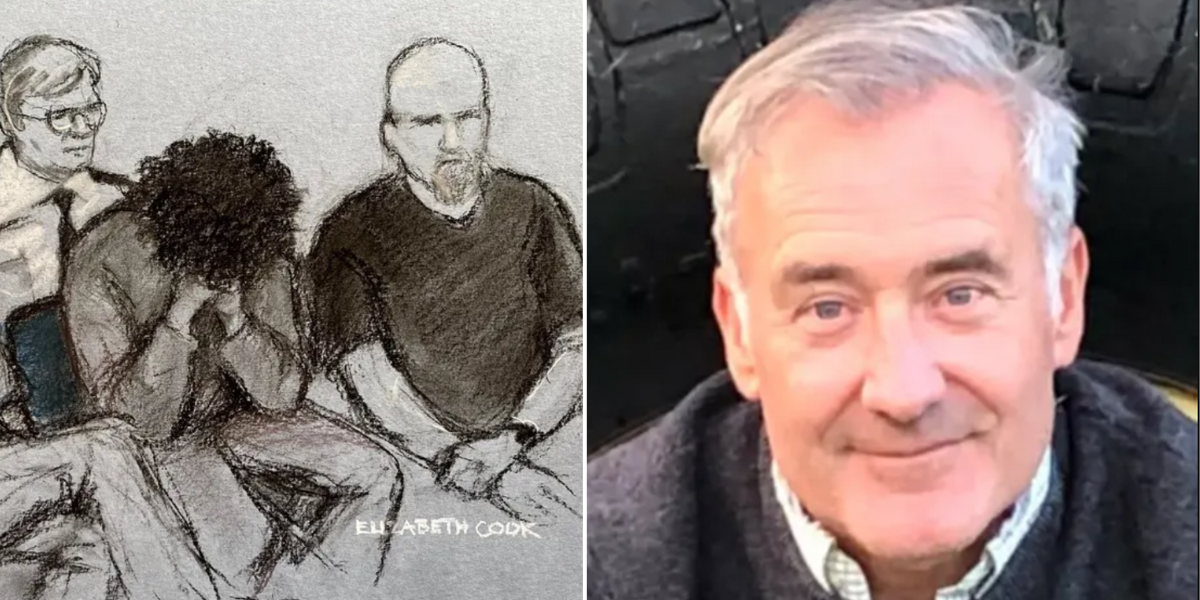The Southport Attacks: Questions of Transparency and Accountability
In recent weeks, the Southport knife attack has ignited a firestorm of controversy, raising critical questions about transparency, public safety, and the responsibilities of law enforcement. As details continue to emerge, the narrative surrounding the incident has evolved, leading to accusations of a potential cover-up by authorities. This article delves into the key aspects of the case, the reactions from politicians and the public, and the implications for trust in law enforcement.
The Incident: A Shocking Attack
The Southport knife attack, which occurred during a Taylor Swift-themed dance class in July, left three young girls injured and sent shockwaves through the community. The alleged perpetrator, Alex Rudakubana, a teenager, has been charged with multiple offenses, including possessing al-Qaeda material and producing ricin, a highly toxic biological substance. While these charges are serious, Merseyside Police have clarified that the attack itself is not being treated as a terrorist incident.
The nature of the attack and the subsequent charges against Rudakubana have fueled speculation and concern among the public. The fact that he is accused of possessing materials linked to a terrorist organization has led many to question the motivations behind the attack and whether it was part of a larger pattern of violence.
The Denial of a Cover-Up
As the investigation unfolded, Downing Street faced mounting scrutiny over allegations that information regarding the Southport attacks was being withheld from the public. Politicians and commentators have expressed their concerns, suggesting that a lack of transparency could undermine public trust in law enforcement.
In response to these allegations, a spokesperson for the Prime Minister stated, “That’s not correct. Charging decisions are independently made by the CPS [Crown Prosecution Service], and I would point you to the CPS’s statements and statements from the police.” This assertion aims to reassure the public that the legal process is being handled appropriately and that any decisions made are based on evidence rather than political considerations.
Public Outcry and Political Reactions
The Southport attacks have not only sparked outrage among the public but have also drawn the attention of political leaders. Colin Brazier, a former broadcaster for GB News, voiced his concerns on social media, stating, “If it were to be proven that information was deliberately held from the public, to make that public more pliant, it would forever alter how many of us see our police.” His comments reflect a broader sentiment that the public deserves transparency, especially in matters of public safety.
Conservative leadership contenders have also weighed in on the situation. Robert Jenrick, a prominent figure in the party, expressed his personal connection to the incident as a father of three daughters. He emphasized the need for transparency, stating, “Any suggestion of a cover-up will permanently damage public trust in whether we’re being told the truth about crime in our country.” Jenrick’s comments underscore the emotional weight of the incident and the importance of accountability in law enforcement.
Kemi Badenoch, another leadership rival, echoed these sentiments, highlighting the need for appropriate scrutiny of the police and the CPS. She remarked, “There are serious questions to be asked of the police, the CPS and also of Keir Starmer’s response to the whole situation.” Badenoch’s call for parliamentary inquiry reflects a growing demand for accountability and transparency in the wake of the attacks.
The Broader Implications
The Southport attacks and the surrounding controversy have broader implications for public trust in law enforcement and the government. As the public grapples with the complexities of the incident, the potential for misinformation and speculation looms large. The rapid spread of false rumors, particularly regarding the attacker’s background and motivations, has already led to widespread unrest, protests, and riots, resulting in numerous arrests.
This situation highlights the critical need for clear communication from authorities. In an age where information spreads rapidly through social media, the public relies on accurate and timely updates from law enforcement to understand the nature of threats and to maintain trust in the institutions designed to protect them.
Conclusion
The Southport attacks have raised significant questions about transparency, accountability, and public safety. As the investigation continues and more information emerges, it is essential for authorities to prioritize clear communication and transparency to rebuild trust with the public. The implications of this incident extend beyond the immediate tragedy, touching on the very foundations of how society perceives law enforcement and the government’s role in ensuring public safety. The call for accountability and truth is louder than ever, and it remains to be seen how authorities will respond to these pressing concerns.
